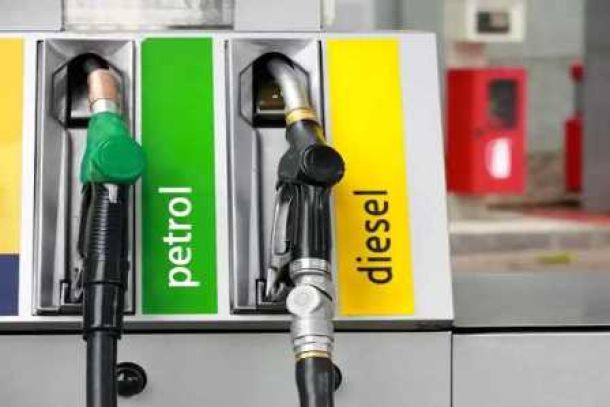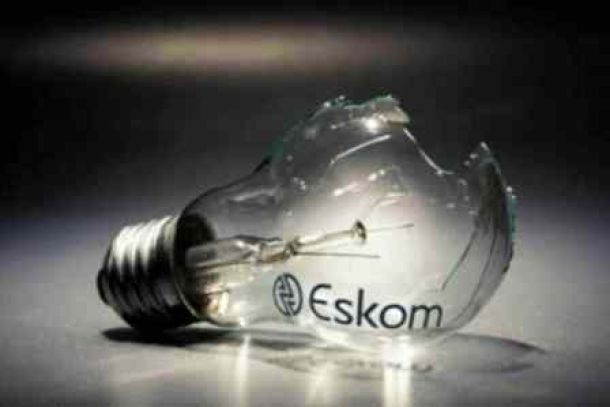Huge grocery retailers show rising confidence in SA’s small businesses
Small, medium and micro-sized enterprises (SMMEs) in the grocery retail sector are reaping the rewards of big investments by dominant players in the industry, such as Massmart and Pick n Pay.
In the 2015-16 financial year, Pick n Pay spent more than R40bn on South African suppliers, with 94% of its fresh-food products procured from local suppliers.
The company’s spend on SMMEs quadrupled in 2015 and expenditure on broad-based black economic empowerment businesses rose more than 39.2% to R33bn, with a particular focus on women-owned businesses.
Pick n Pay disclosed that it had chosen 24 finalists in its #BoostyourBiz competition, from a pool of 540 aspirant entrepreneurs and potential suppliers.
The winning businesses will be guaranteed direct access to Pick n Pay’s retail shelves. This includes preferential trading and payment terms, packaging development and design. This also includes guidance and continuing expert advice in all aspects of business such as financial planning, strategy, mentorship and distribution, to ensure their sustainability.
Massmart, through is supplier development fund, will have spent in excess of R200m by the end of 2017 on SMMEs who are either already on its books or are potential suppliers to the company. Preference but not exclusivity is given to black-owned and women-owned businesses.
The government expects SMMEs and co-operatives to provide more than 707,000 jobs per year, according to the National Development Plan.
Challenges for local businesses in the retail industry include high production costs, which often make it cheaper for big grocers to import, along with poor productivity and labour relations.
Other constraints are high raw material costs, insufficient expertise, insufficient innovation to satisfy customer demand and a lack of particular products.
News Category
- International retailers
- On the move
- Awards and achievements
- Legislation
- Wine and liquor
- Africa
- Going green
- Supplier news
- Research tools
- Retailer trading results
- Supply chain
- Innovation and technology
- Economic factors
- Crime and security
- Store Openings
- Marketing and Promotions
- Social Responsibility
- Brand Press Office
Related Articles

Good signs for petrol prices in South Africa

Eskom wants to hike electricity prices by up to...

Big petrol price drop tipped for July

Fuel price cuts bigger than expected


